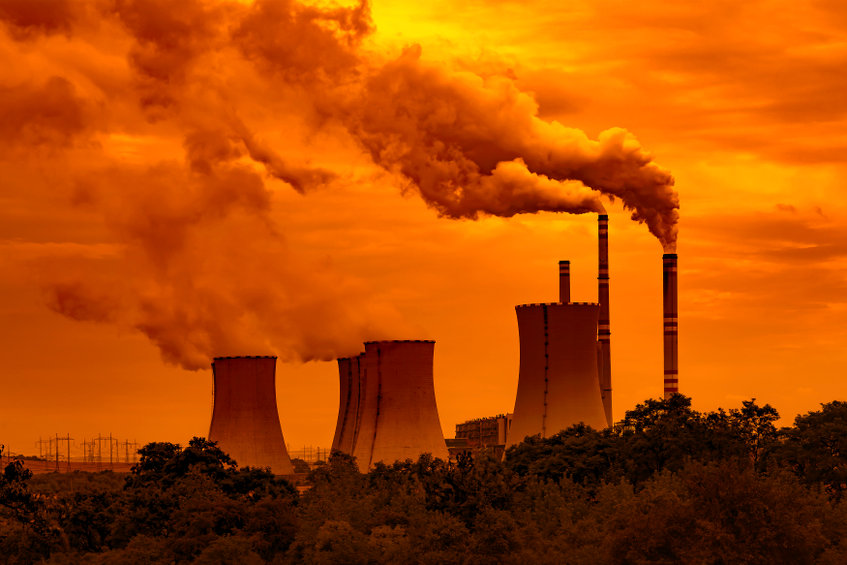Why Exactly Are Carbon Emissions Bad for the Environment?
If you’ve paid attention to the news, you’ve probably heard about carbon emissions. Nearly all of our industrial activity emits some form of carbon. But, why does all that matter?
Carbon emissions are important for two reasons. First, carbon is among the most prominent of our greenhouse gases. Plus, carbon is directly implicated in ocean acidification. Both of these processes pose a real threat to our environmental stability.
In fact, if you haven’t been worried about carbon emissions, you might not realize the scale of the issue.
Currently, Atmospheric Carbon Is at Its Highest Concentration in Human History
Carbon concentrations surpassed 412 ppm in 2020. That’s the highest they’ve ever been since human civilization has been on the planet. The last time they were this high, dinosaurs were still roaming the earth.
Atmospheric Carbon Concentrations Have Been Increasing 100 Times Faster Than Usual
Carbon concentrations vary naturally. They were at their lowest during the last ice age. However, thanks to human activity, concentrations have been increasing far faster than natural.
Global Warming and Atmospheric Carbon
What does carbon have to do with climate change? Our whole bodies are mostly made out of carbon, right? While that is true, there are different types of carbon. Atmospheric carbon is the type that we’re worried about. It matters because it helps to trap heat here on earth. Over time, that excess heat can build up, disrupting natural ecosystems.
Carbon Functions as a Greenhouse Gas:
How does carbon lead to increased global temperatures? Imagine that you’re standing inside of a greenhouse. Hot and humid, the air feels thicker than it does just outside the door. In a greenhouse, glass helps to trap heat inside of the building. Carbon does the same thing, but for the whole planet. The more carbon there is in the atmosphere, the warmer the earth will get.
Atmospheric Carbon Stays in the Atmosphere for Decades:
Even more worrisome, atmospheric carbon has quite a long half-life. We could stop all our emissions today. Yet, concentrations wouldn’t start to decrease noticeably for years.
Ocean Acidification
Carbon in the air interacts with water molecules in the ocean. These interactions produce carbonic acid as a byproduct. On a small scale, the overall effect is negligible. However, since humans emit so much, it’s beginning to have a tangible effect on our ocean pH levels.
Ocean Acidity Has Increased by 30%:
Since the industrial revolution, oceanic pH levels have decreased by 0.1. That doesn’t sound like a lot, but it represents nearly a third more acidity. If that doesn’t slow down, ocean life could perish. At worst, algae populations could die out entirely, limiting global oxygen production.
Current Carbon Capture Projects
Ok, at this point, you should be feeling a little anxious. Thankfully, organizations around the world have been working to tackle this problem. Most notably, in Canada, they’ve committed $170 million to carbon capture projects.
This project is called the Alberta Carbon Trunk Line project. Enhance Energy is responsible for the implementation of the project. And, they’ve put over 240 Km of pipelines in the ground already. These pipes transport captured carbon to safe storage facilities. As of the moment, they’ve been able to capture 14.6 Mpta.
However, for the scale of this problem, everyone will need to chip in.
About Us
Our mission is to discuss pressing issues that America and the world are facing today, such as poverty, the environment, and human rights issues.
We believe that it is our responsibility to vote for politicians who will implement progressive policies that will help the impoverished, the minority, and the environment. Our hope is to spread information about these issues to people who are misinformed or unaware of these situations in our country.
Contact Us
If you wish to contact us, we can be reached via email at admin@whatliberalmedia.com. Feel free to shoot us a message if you have any concerns, comments, questions, or anything related.

